For Ivan Melnyk from Odessa, the editorial office of the regional public-political newspaper “Chornomorski Novyny” is a second home. Ivan Volodymyrovych has been working here for almost 40 years, with 20 of them as the editor-in-chief. Due to the war, the publication reduced its frequency from two weekly issues to one and missed one. Everything else about the publication remained the same. The editor considers it his mission to continue chronicling the recent history of Odesa and Ukraine, a chronicle of our struggle that future generations can read.
Without heating, without a regular salary, but with a passion in their hearts.
“Chornomorski Novyny” is Ukraine’s oldest newspaper, published in Odesa since 1929. Due to income challenges, the team operates from an unheated office, relying on private donors and volunteers. The editor acknowledges that subscriptions are dwindling, partly due to the war and the challenging financial climate.
The publication achieved independence from the government in 2010 and is now financially self-sufficient. They still rent space from the “Chornomorya Publishing House,” a cold eight-story Soviet-era building since 2012. Surprisingly, the editor-in-chief sees this lack of heating as a cost-saving blessing for the team.
– We have adapted, and in winter, we typically work in warm clothing, – explains Ivan Melnyk. – If it gets very cold, we gather in the room where the newspaper is being composed. There, we turn on a heater because computer equipment can’t endure extreme cold, or it would malfunction.
Only the chief editor, his deputy, a secretary, and a layout designer work at the office regularly. Journalists work remotely and are paid per their work hours and royalties. Retired journalists, like Melnyk, mostly volunteer for the publication, sometimes using their pensions. Fortunately, Melnyk’s family is supportive.
Despite the sacrifices, “Chornomorski Novyny” continues its 106-year legacy, offering a unique A2 format in a conservative setting. The newspaper had six pages as of January 2022, once even eight, with a circulation of about a thousand copies, typical for Odessa newspapers today.
“The city was often shelled with rockets and drones, but we’re not on the front lines here.”
On February 24, 2022, due to logistical challenges caused by the war, “Chornomorski Novyny” couldn’t print and deliver the next issue to subscribers. The March 2 issue was the only one in 2022 available exclusively online. Printing resumed on March 10, and the editorial team returned to their routine, which continues to this day.
– Of course, we feel the war in Odessa. The city was often shelled with rockets and drones, but we’re not on the front lines here, – shares the editor’s personal experiences. – During this time, I never considered leaving Odesa because the newspaper is important to me.
On the night of February 24, he recognized the war’s onset, a grim inevitability for most Ukrainians. He sent his daughter and her two children to her native Lviv for safety. They stayed for several months but returned home when the school year began in the fall.
Like many Odessites, Melnyk thanks Mykolaiv and Kherson for shielding Odesa from the swift advance of the occupiers. Journalists know more and are connected to a more significant number of war stories than most other people.
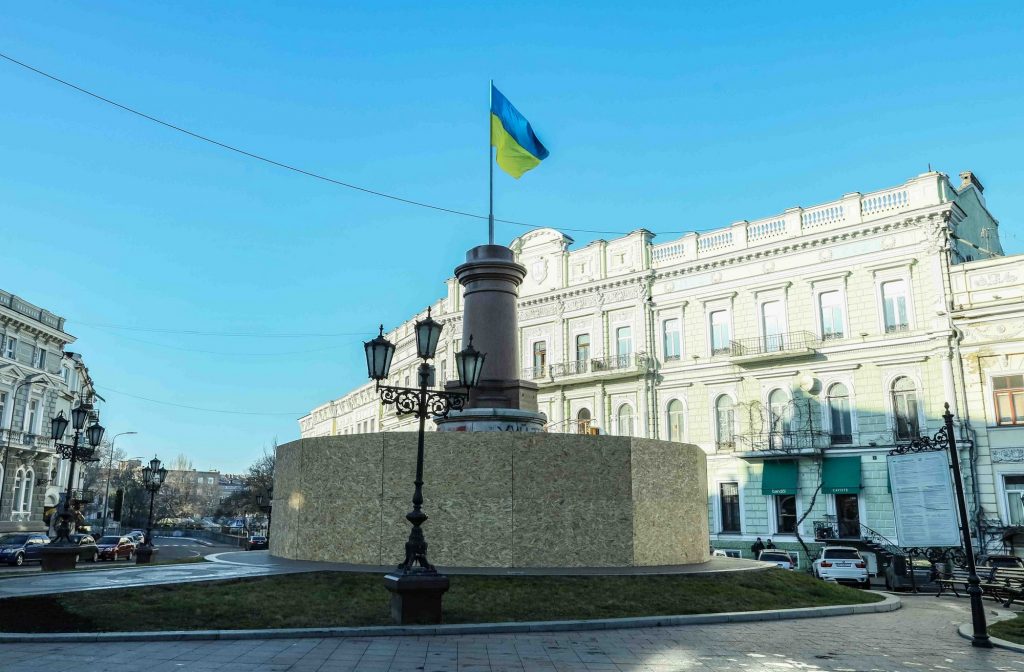
– I won’t tell you about all of them because there are so many, – says Melnyk. – Especially the stories of our wounded young men (patients of the Odessa Military Medical Clinical Center or the military hospital). Imagine this: in just one issue, we publish several, sometimes dozens, of announcements about the loss of combatant IDs. These IDs were burned when these guys were, let’s say, somewhere near Kherson… Or the stories of Mariupol residents who placed ads with us because they had no documents at all. Of course, we print such ads for a symbolic fee, and meetings with these people are very important.
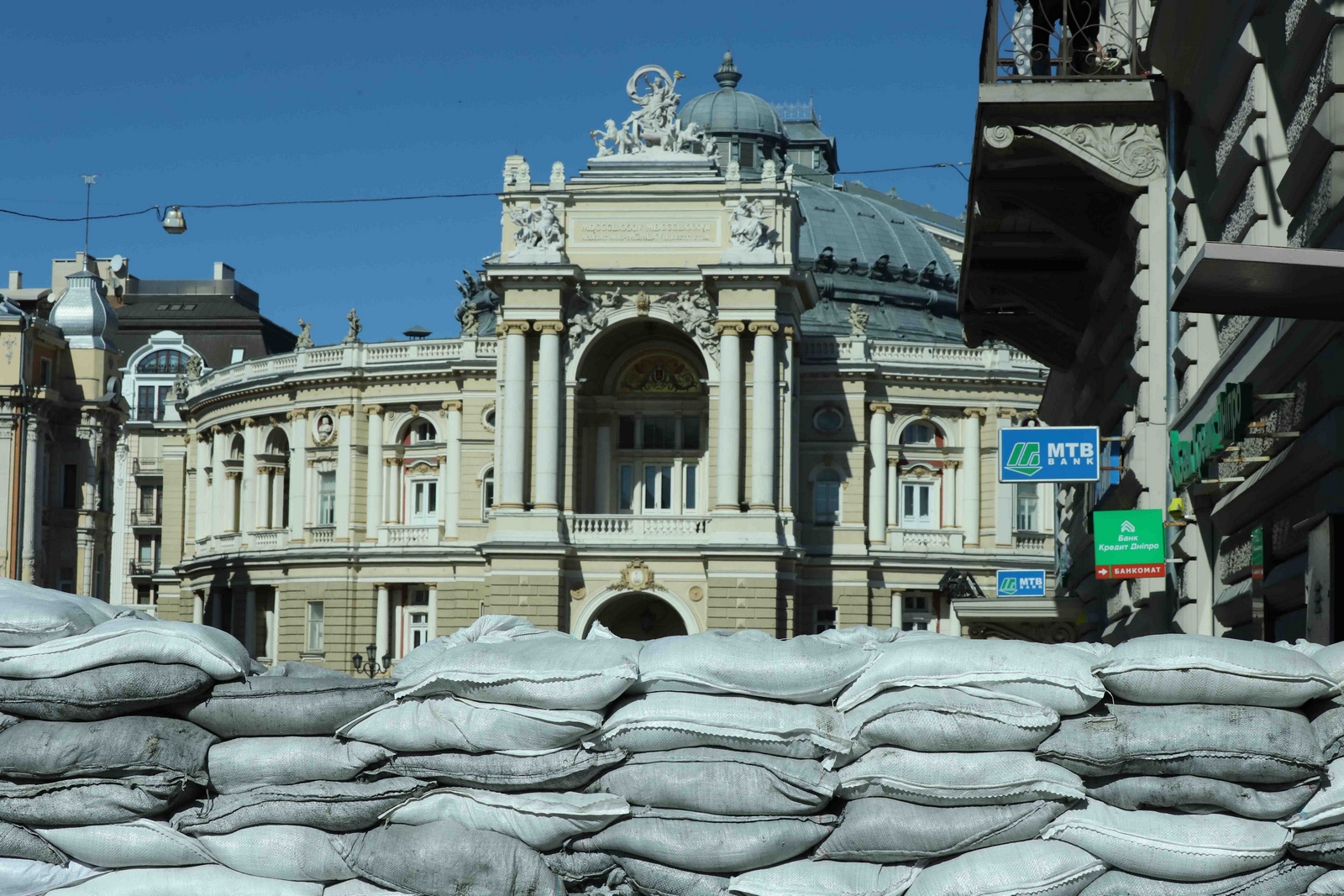
We are fighting so children can swim in the sea instead of running to bomb shelters.
– From the very first moment of the war, as soon as my wife and I woke up to the sound of an explosion at the airport, an image stuck in my head: it’s the end of February, the end of winter, the anticipation of spring, and last year, I planted a young orchard. Peaches, apricots, cherries… I planted them with my grandchildren and promised them that these trees would bloom in spring, that we would walk around them, admire them, and then they would bear fruit, – Melnyk recalls. – Calendar spring has arrived, but we did not feel it in our hearts. And the cheerful Odesa summers, when Odesa is filled with ‘one more Odesa’ from out-of-towners, are no longer the same.
Swimming in the sea was prohibited. So, the kind of summer that Odesites were used to never came. It’s especially heartbreaking for the children of the wartime generation; they shouldn’t be running to bomb shelters instead of going to the sea to swim. But unfortunately, that’s the reality today.
My small garden is my solace during these tough times. It brings me strength even in winter. My childhood in the countryside instilled a love for planting and caring for trees, especially fruit-bearing ones. Last year, we had a great apricot harvest, and we made jam to share with the military.
A blooming garden is a symbol of our future victory.
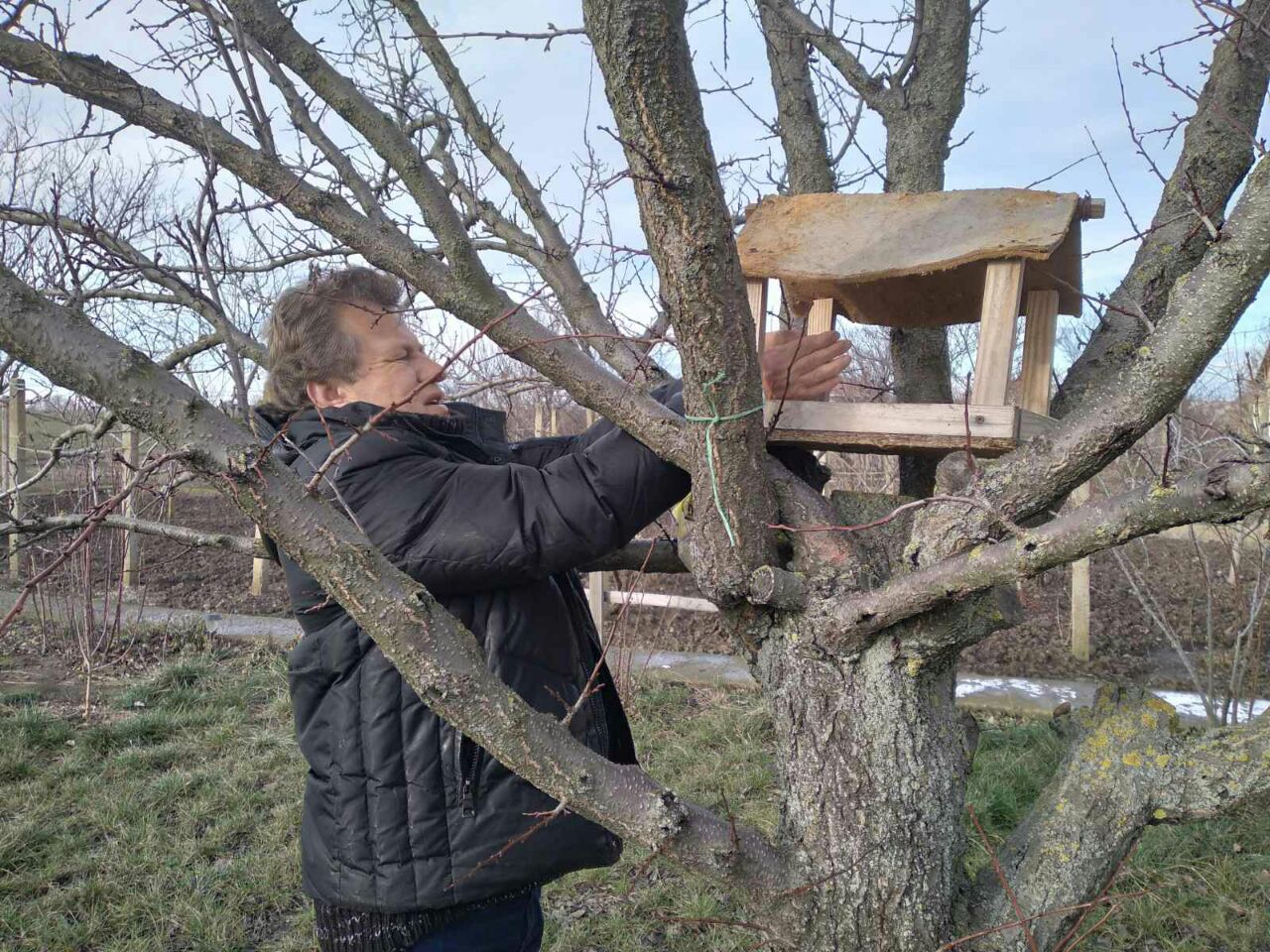
– The subscription results for 2023 remained virtually unchanged compared to the previous year, – Ivan Volodymyrovych emphasizes. – This is thanks to the fact that we regularly appeal to our readers through the newspaper, asking them to provide not only for themselves but also for less fortunate neighbors, retired parents, libraries, and so on.
Private sponsors and readers enthusiastically respond to the appeal for ‘Chornomorski Novyny,’ often subscribing for neighbors and contributing financially. Each issue lists at least five or six contributors, with donations ranging from modest to a thousand UAH, based on their ability to give.
Printed media have given way to online publications and social media, but the editor and the team remain committed to publishing the physical newspaper in wartime. Their motivation is preserving historical records for future generations. They ensure copies are sent to key libraries, aiming to allow people to learn about 20th and 21st-century events by picking up the newspaper in the years to come.
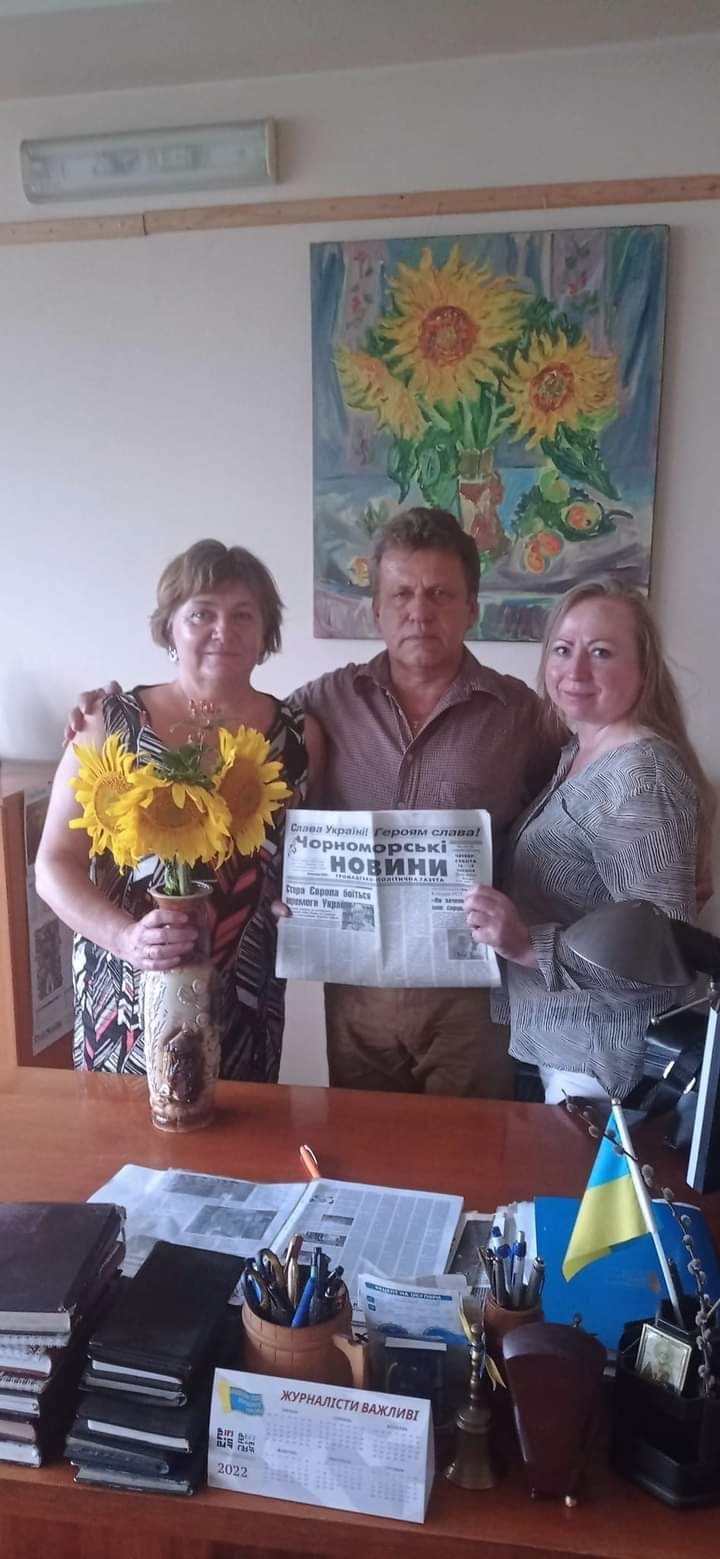
The publication has endured through different eras, and the editorial team sees it as a primary historical source. Even during the Soviet period, they view it as part of our history. In modern times, “Chornomorski Novyny” journalists document Ukrainian history, adopting the headline “Slava Ukraini! Heroiam slava!” (“Glory to Ukraine! Glory to the Heroes!”) since the war began.
– We won’t change it until we win! – says the editor. – And then, in its place, there will be words about our victory. What exactly, no one knows yet. But most of all, we want to replace this ‘headline’ as soon as possible!
In wartime, Ivan Volodymyrovych believes a journalist’s primary task is maintaining discipline, just like Ukrainian soldiers and professionals in various fields who aim to perform their duties honorably and professionally.
The National Union of Journalists of Ukraine (NUJU) provided crucial support for their mission. Ivan Volodymyrovych, a NUJU board member representing Odessa, was among 160 colleagues receiving financial assistance through a UNESCO program in partnership with the International Federation of Journalists. Each recipient received a USD 600 monetary transfer.
– I believe that NUJU is working absolutely commendably in wartime, – summarizes Melnyk. – The team led by the head of the Union, Serhiy Tomilenko, is well aware of the situation in Odessa’s editorial offices, both regional and district, as well as across the country. Financial assistance is a significant support for the newspaper’s ongoing publications. It also reinforces the awareness that journalists are important.
This series, titled Executed Free Speech, is created as part of a project Drawing Ukrainian And International Audience’s Attention To Serious Violations Of Human Rights And Crimes Against Journalists And Mass Media By The Russian Federation, which is performed by the National Union of Journalists of Ukraine, with support from the Swedish non-profit organization Civil Rights Defenders.
JOURNALISTS ARE IMPORTANT. Stories of Life and Work in Conditions of War is a cycle of materials prepared by the team of the NUJU with the support of the Swedish human rights organization Civil Rights Defenders.
#CRD

 THE NATIONAL UNION OF
JOURNALISTS OF UKRAINE
THE NATIONAL UNION OF
JOURNALISTS OF UKRAINE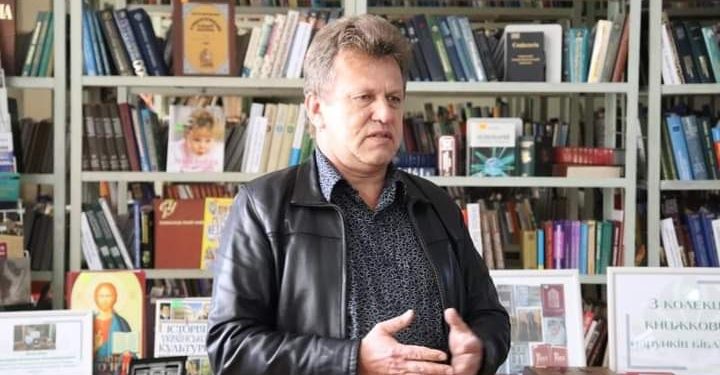
















Discussion about this post